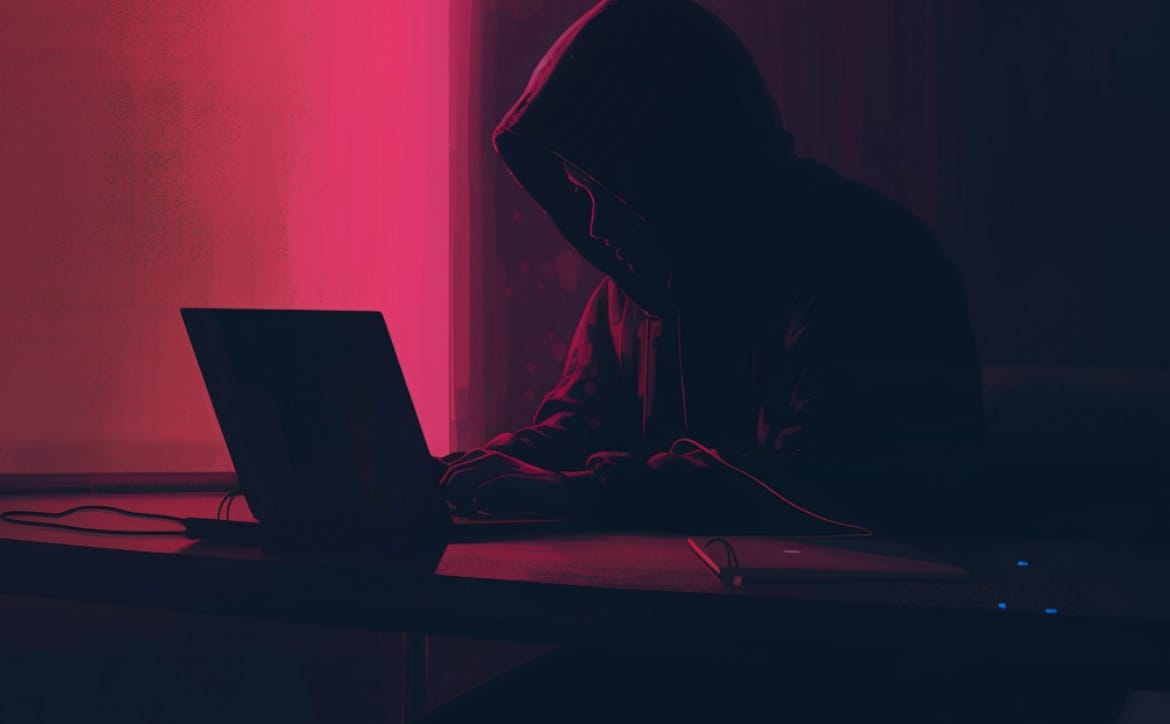Planned obsolescence has always been a subject that companies would prefer to not engage in conversation about. After all, who wants their users to know that companies have historically made their products to not last so they would have to buy more product? Let’s go back in time for a minute to what many would consider the birth of planned obsolescence in technology, far back to before most of us were born.
The Phoebus cartel was a consortium of companies who collaborated together to control the world market of light bulbs. Companies like Philips, Osram and General Electric all had a stake in this cartel whose main goal was to sell more lightbulbs. The story of the Phoebus Cartel is best told by a 2010 Spanish documentary titled, The Great Lightbulb Conspiracy, which you can watch below.
https://youtu.be/-1j0XDGIsUg
As you can see, planned obsolescence isn’t a new concept and it took root very fast in our modern society. But where does that leave us in the current world of technology? Are companies still using planned obsolescence to sell their latest product to the masses? Many would argue yes. Products are continually designed to fail much sooner than they should and that is what continues to drive revenue and profit to these major corporations.
“Our role in life seems to be just to consume things with credit, to borrow money to buy things we don’t need.”
“We live in a society dominated by a growth economy whose logic is not creating because we need things, but just for the sake of it.”
It’s an interesting conversation to stir up again and one that is important to have. As resources continue to shrink and we continue to impact our environment, we need to consider what our future is and what kind of future we want to leave for those to come.
Should companies be more concerned with building products that stand the test of time? Or is planned obsolescence simply a part of a good capitalistic society? Should companies and individuals take a more proactive role in how we think about the impact on our environment? Or do our written freedoms trump any natural responsibilities within us?
Let us know your thoughts and comments below or hit us up on Twitter, Facebook and Google+.
Last Updated on January 23, 2017.










